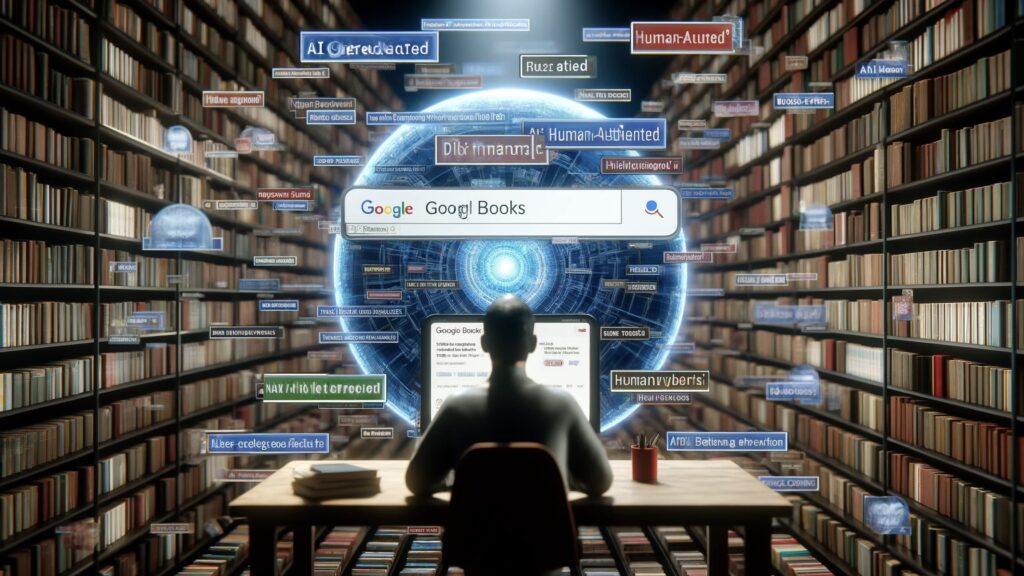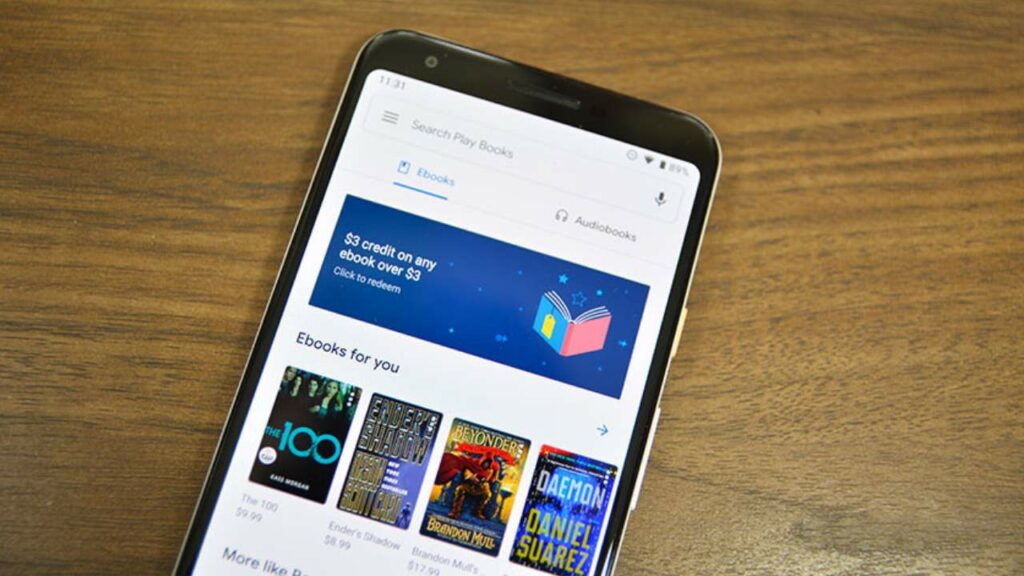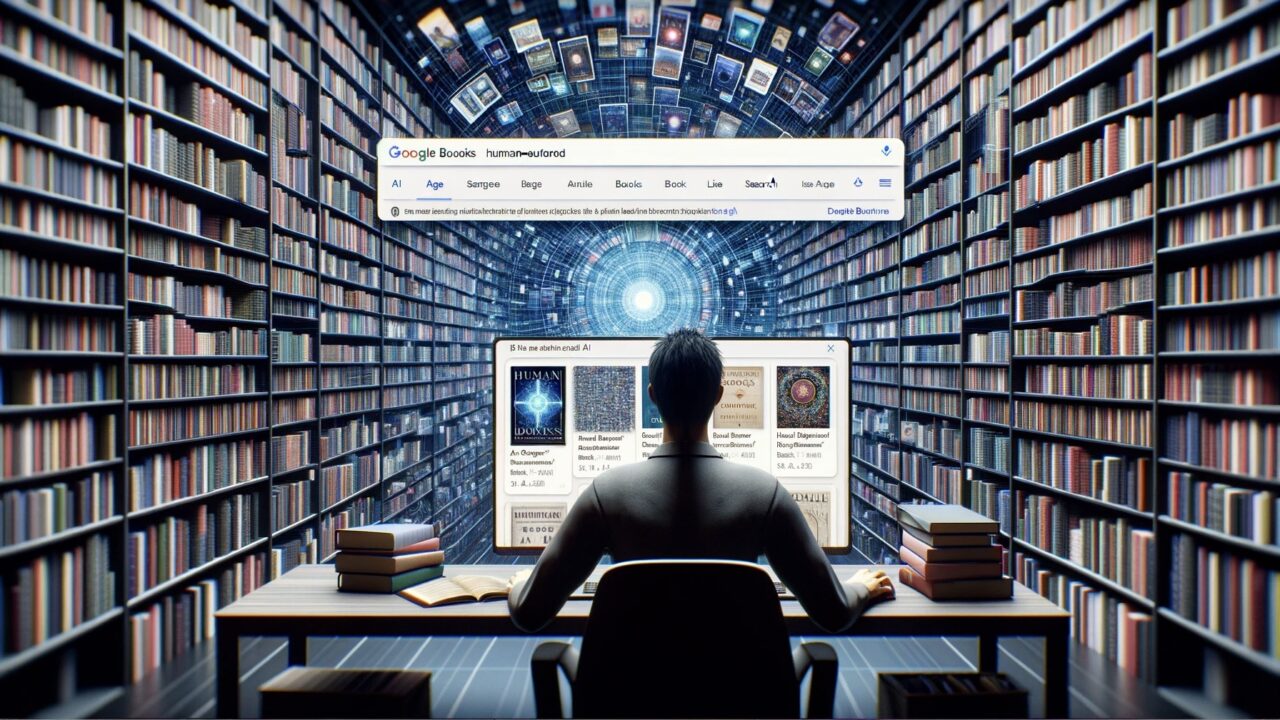Google has sparked controversy by making books written by artificial intelligence discoverable in search results. These AI-generated books, labeled for identification, are igniting a debate in Google Books, as the indexing of low-quality AI-produced content could now appear in search results. This move has frustrated creators of original content who do not use AI. Here are the details…
Google to highlight AI-produced low-quality books
These AI-produced books in search results could affect the Google Ngram Viewer, an important tool for researchers tracking historical language usage. AI-generated books with meaningless sentences like “As of our last information update” are now easily discoverable through search.

Some AI-produced books reflect outdated or irrelevant information. For instance, a book titled “Bears, Bulls, and Wolves: Stock Trading for the Twenty-Year-Old” offers a superficial, Wikipedia-level analysis of financial markets.
In other cases, the information in these books is outdated even at the time of publication due to AI’s lack of recent updates. Google claims these AI-produced books do not impact the Ngram Viewer results.
However, it remains unclear whether AI-produced content will be filtered from the Ngram Viewer’s data sets in the future. If AI content starts affecting Ngram results, it could completely alter the meaning and reliability of this tool used by researchers to track cultural changes.

AI-produced texts included in Google Books can be used to train new models, indicating a risk of AI content entering a self-perpetuating cycle. Google has not disclosed whether it has developed a policy to filter AI-produced books from Google Books.
The prevalence of AI-generated texts raises concerns about the accuracy of online content and the impact on academic research. Google’s approach and the measures it takes could mark a significant turning point in the digital publishing world.
The increasing presence and influence of low-quality AI content, potentially leading to information pollution on the internet, poses questions about the future of the digital world. What are your thoughts on this development? You can share your opinions in the comments section below.














